Under France’s pressure, EU prepares sanctions on Lebanese politicians
Under France’s growing pressure, the European Union (EU) is drawing up sanctions against some Lebanese politicians who the bloc claims are obstructing the formation of a new government in the Arab country.
Diplomatic sources said on Wednesday that technical work had now begun on preparing sanctions after EU foreign ministers on Monday agreed to take action.
“The level of impatience with the ruling class is growing. They don’t seem to have their peoples’ interest at heart. Expect to see a decision in the next three to four weeks,” said a senior EU diplomat whose name was not mentioned in the reports.
Hungary has publicly denounced EU efforts to pressure Lebanese politicians. A larger group of EU countries has yet to specify their approach.
But the two main EU powers, France and Germany, are in favor, which is likely to prove pivotal.
“It’s just a question of time. We have what we wanted,” said a senior French diplomat, whose name was not mentioned, following Monday's meeting.
Paris has already taken measures to restrict entry for some Lebanese officials on allegations that they were blocking efforts to tackle the unprecedented crisis grappling Lebanon.
French Foreign Minister Jean-Yves Le Drian last month threatened sanctions on “well-known political officials” in Lebanon.
EU foreign policy chief Josep Borrell has also talked of the EU's carrots-and-sticks policy regarding Lebanon.
“The people are suffering but the political leaders are not taking responsibility while the country is literally falling apart,” he said. “We are working on an approach that combines carrots and sticks.”
Since a devastating explosion in Beirut in early August 2020, France’s President Emmanuel Macron has visited Lebanon, a former French colony, several times, provoking controversy about the rationale behind his trips.
Macron had proposed a roadmap to Lebanese authorities to unlock billions of dollars in funds from the international community.
In an apparently interventionist position, the French head of state has threatened Lebanese leaders with sanctions if they do not submit to reforms and a “political change” – which are sought by Paris.
Macron has also accused the entire ruling elite in Beirut of “corruption and betrayal.”
Reacting to Macron’s meddling, Sayyed Hassan Nasrallah, the secretary-general of Lebanon’s Hezbollah resistance movement, said in September 2020, “We were welcoming of President Macron and the French initiative, but not on the basis of him acting as a general prosecutor, a judge … and the ruler of Lebanon.”
Lebanon is still waiting for a new government to be formed months after caretaker Prime Minister Hassan Diab’s cabinet resigned in the wake of the explosion at Beirut port. More than 200 people were killed and over 6,000 others injured in the giant blast. Dozens of people are still unaccounted for.
Compounded by the COVID-19 pandemic, the country is experiencing its worst economic crisis in decades as prices are skyrocketing and more than half of the population is now living below the poverty line.
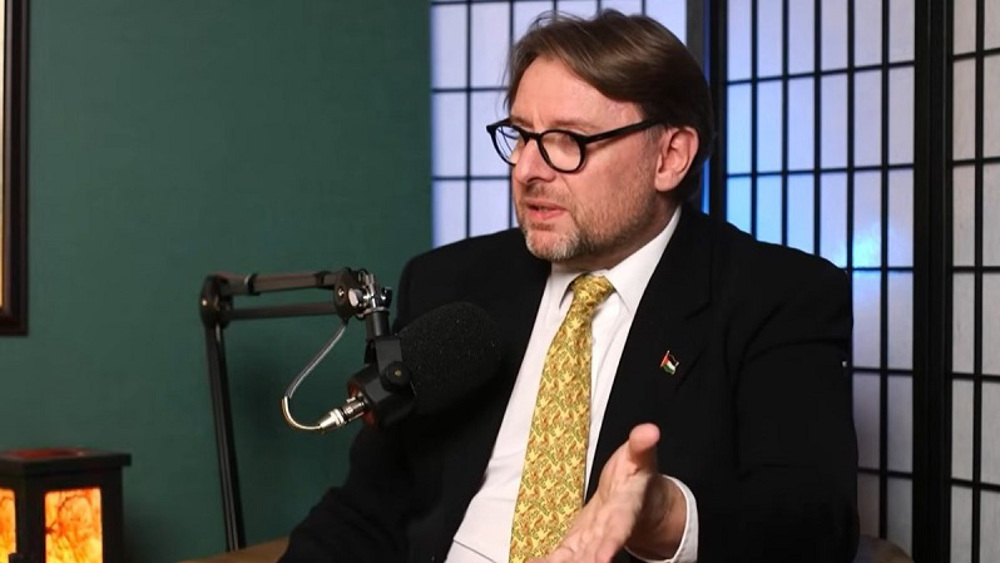
Abuse of UK Terrorism Act

IMF, World Bank tie aid to Lebanon to Hezbollah disarmament

Two killed in Israeli drone strike in Lebanon in new violation of truce
‘End to violence’: Iran welcomes PKK leader’s call for group to drop weapons, disband
Over 120 Hezbollah fighters martyred in Israeli invasion laid to rest in south Lebanon
Iranian U-27 skiers scoop one gold, three bronze medals in China’s Alpine
Rights group: Palestinians ‘endure shocking atrocities’ in Israeli jails
Schools destroyed: 100,000 Gaza students enroll for new academic year
South Africa, Malaysia, Colombia to block ships carrying arms for Israel
Trump extends Russia sanctions ahead of meeting with Zelensky
Minister: ‘Imported elements' seeking to create chaos in southeast Iran









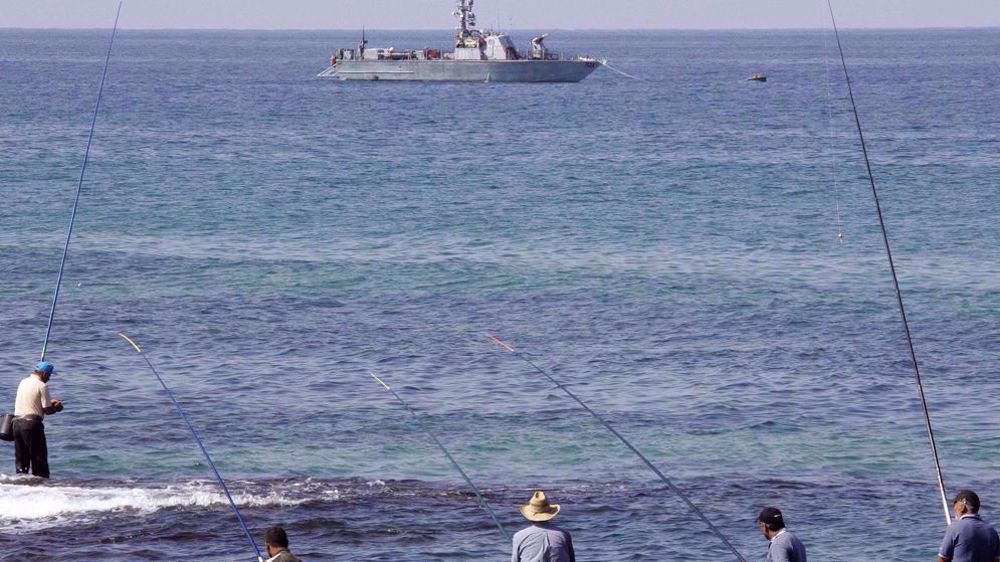
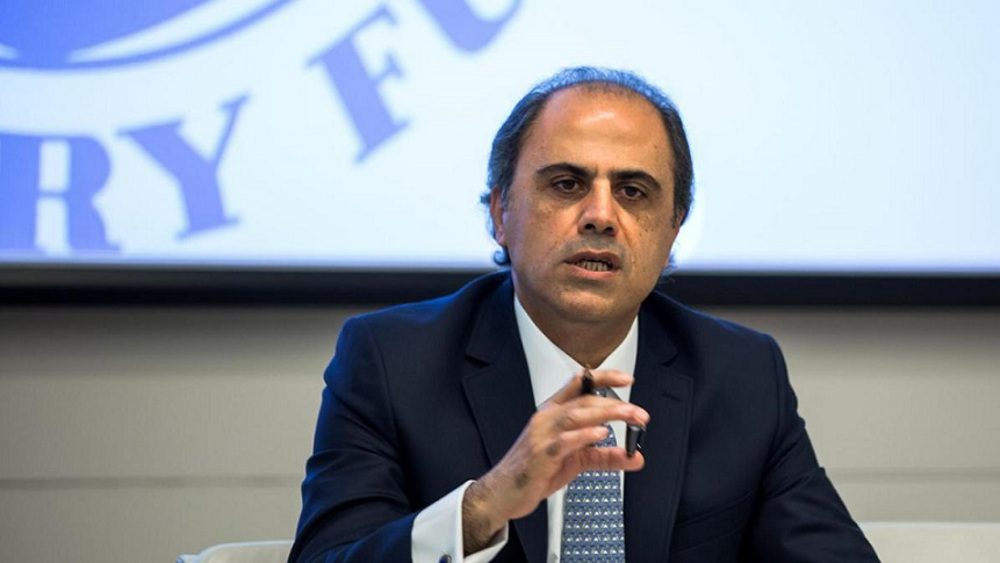
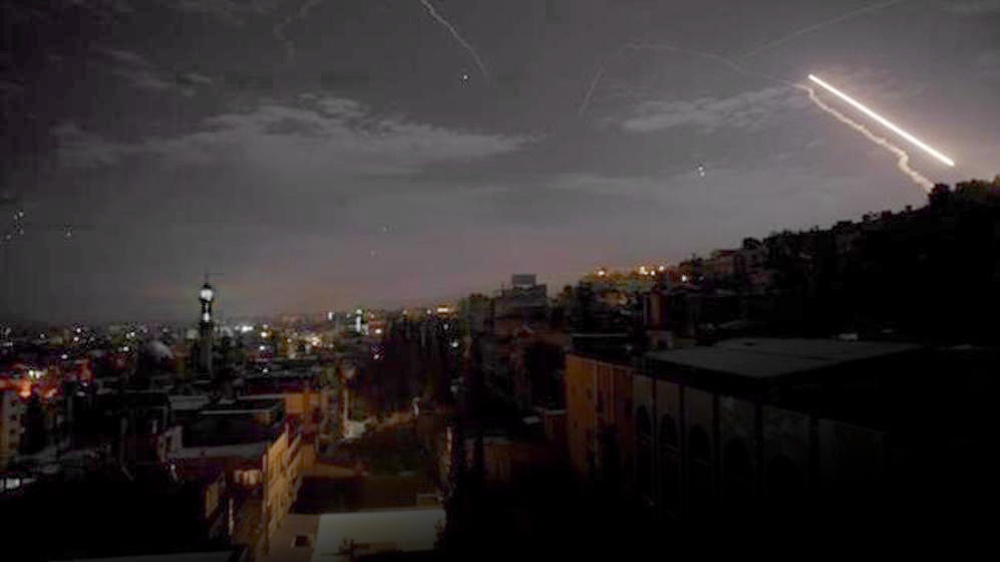
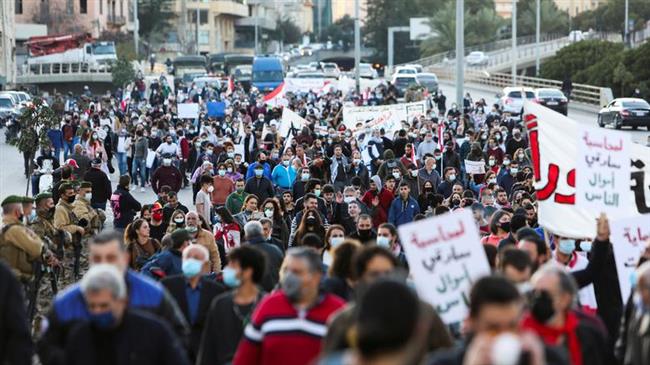
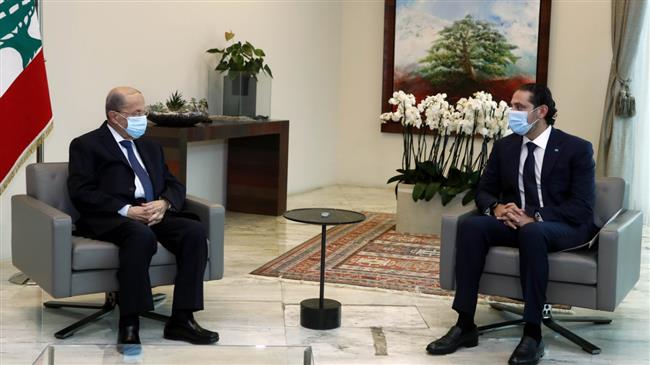

 This makes it easy to access the Press TV website
This makes it easy to access the Press TV website